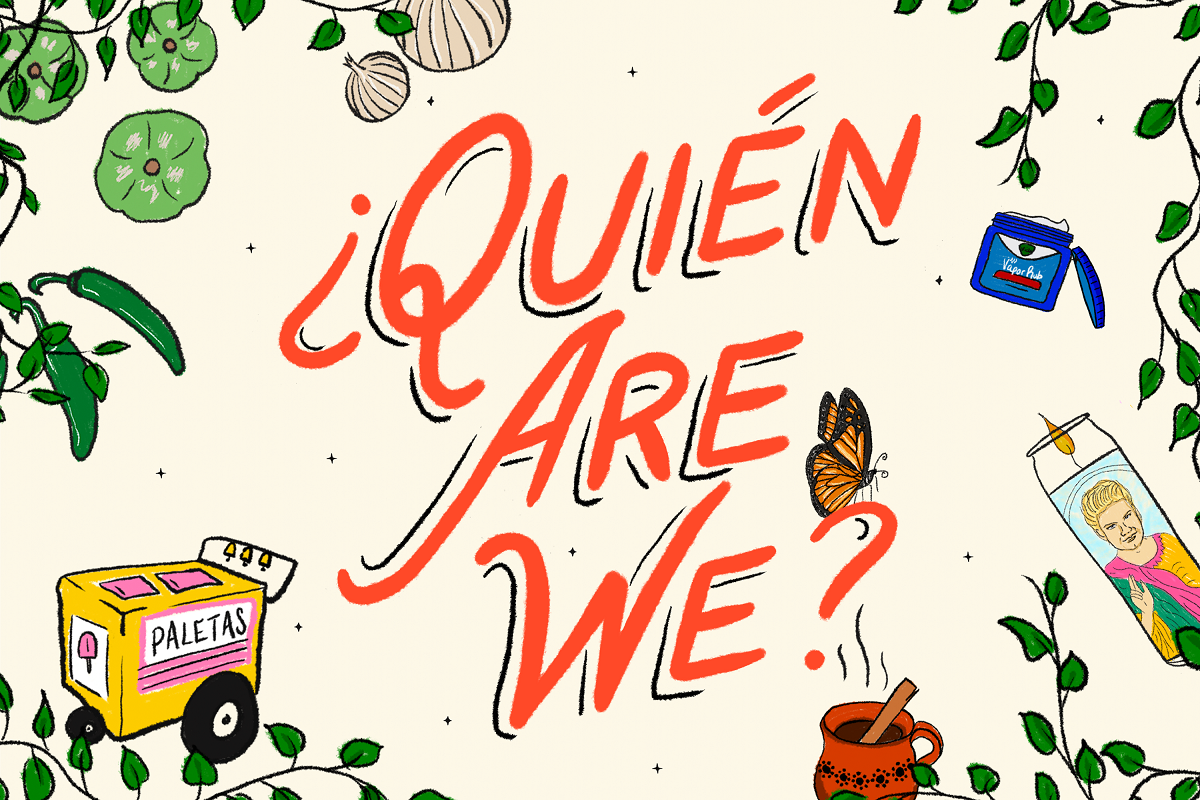
The Gamer
Carolina Acosta didn’t grow up speaking Spanish or doing family game nights. Then she made a Spanglish drinking game.
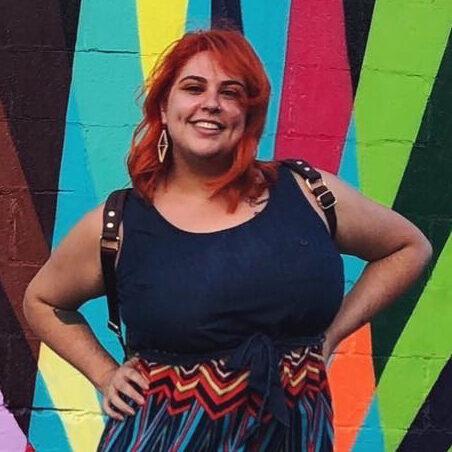
By May Ortega


The Artist
Artist Jasmine Dillavou fights for space in a mostly-white profession, fueled her passion for art that highlights Latino joy.

By May Ortega

The Businesswomen
For Jennifer Serrano and Veronica Vasques, being Latina and queer has come with both opportunities and obstacles.

By May Ortega

The Anthropologist
Fernando Villanea’s passion for nature led him to study one of the most interesting animals of all: us.

By May Ortega

The Therapist
A family trauma expert, Mariel Buque, guides us through her own path of acceptance and healing.

By May Ortega

Trailer: ¿Quién Are We? Is Back
Host and journalist May Ortega is back with more everyday stories of incredible people who are exploring their heritage through their personal passions.

By May Ortega
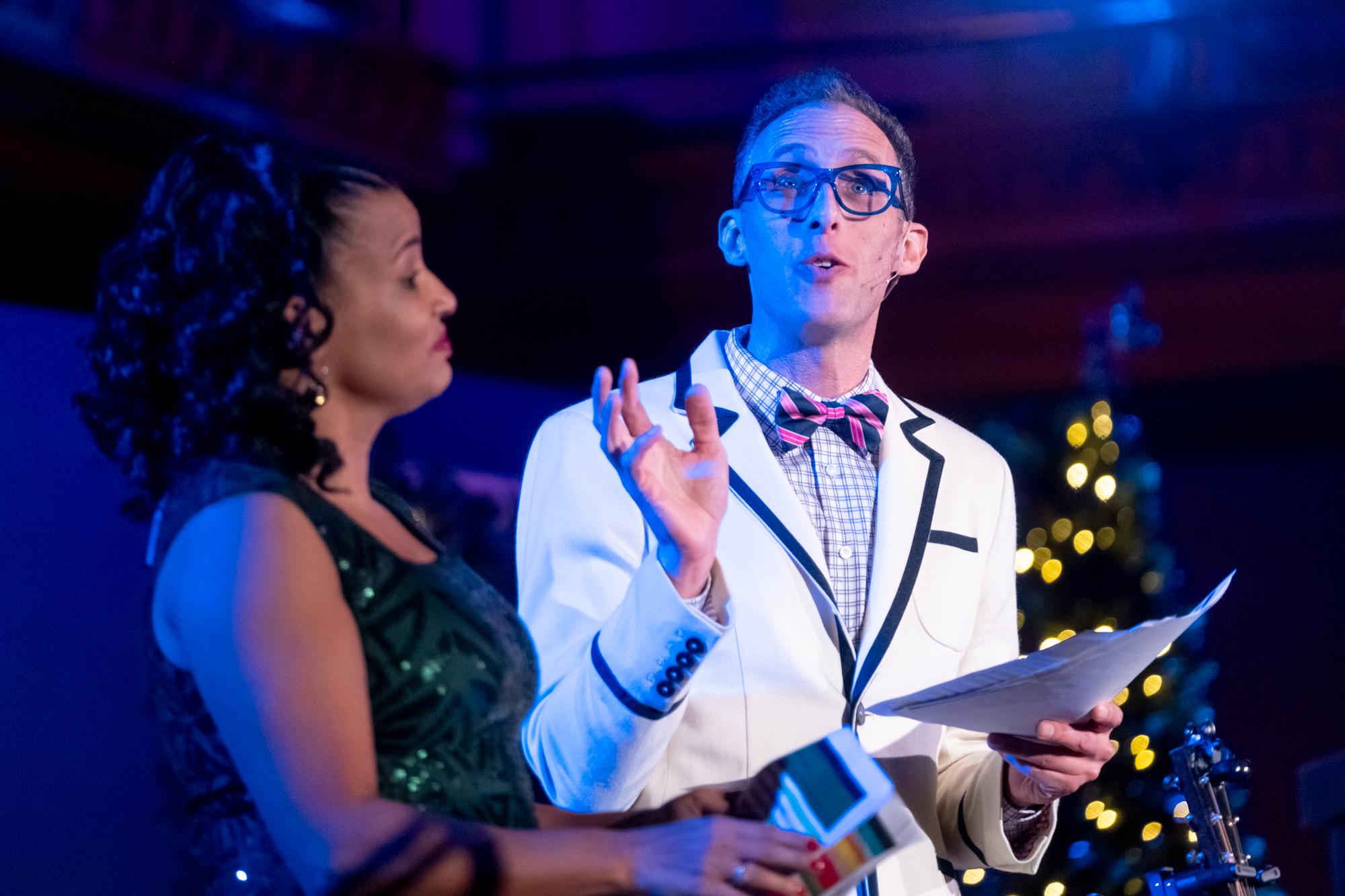
Yours to unwrap! The 8th annual Colorado Matters Holiday Extravaganza
Music, memories and merriment return with the 8th annual Colorado Matters Holiday Extravaganza.
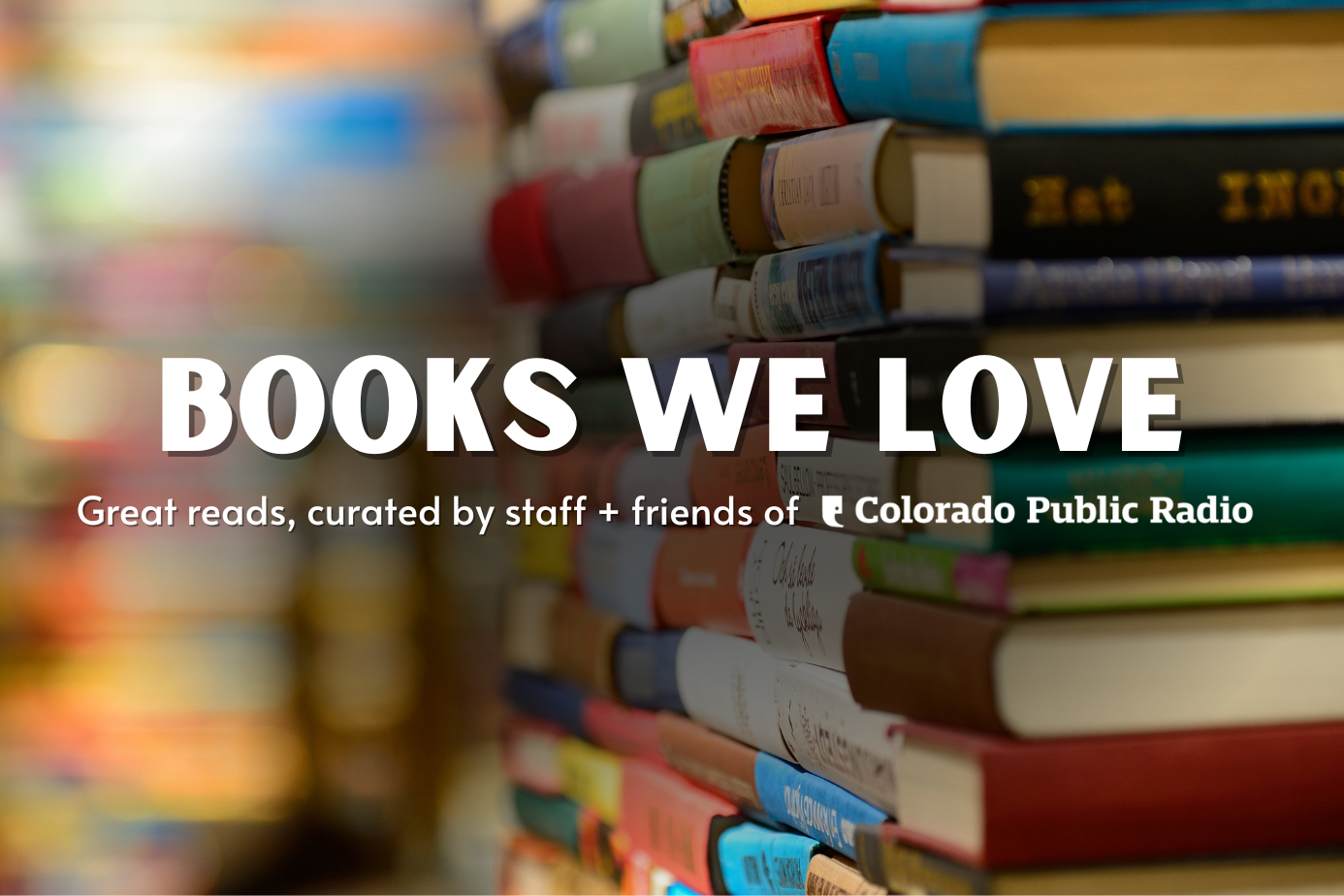
Books We Love: 2023
Check out the year’s top books, as recommended by CPR staff members and friends of the organization (a.k.a., all of you).

CPR’s Books We Love 2023: Tell us your favorite reads from this year
Fellow book lovers! Colorado Public Radio is putting together a first-time project inspired by NPR’s Books We Love and we want you to help us curate.

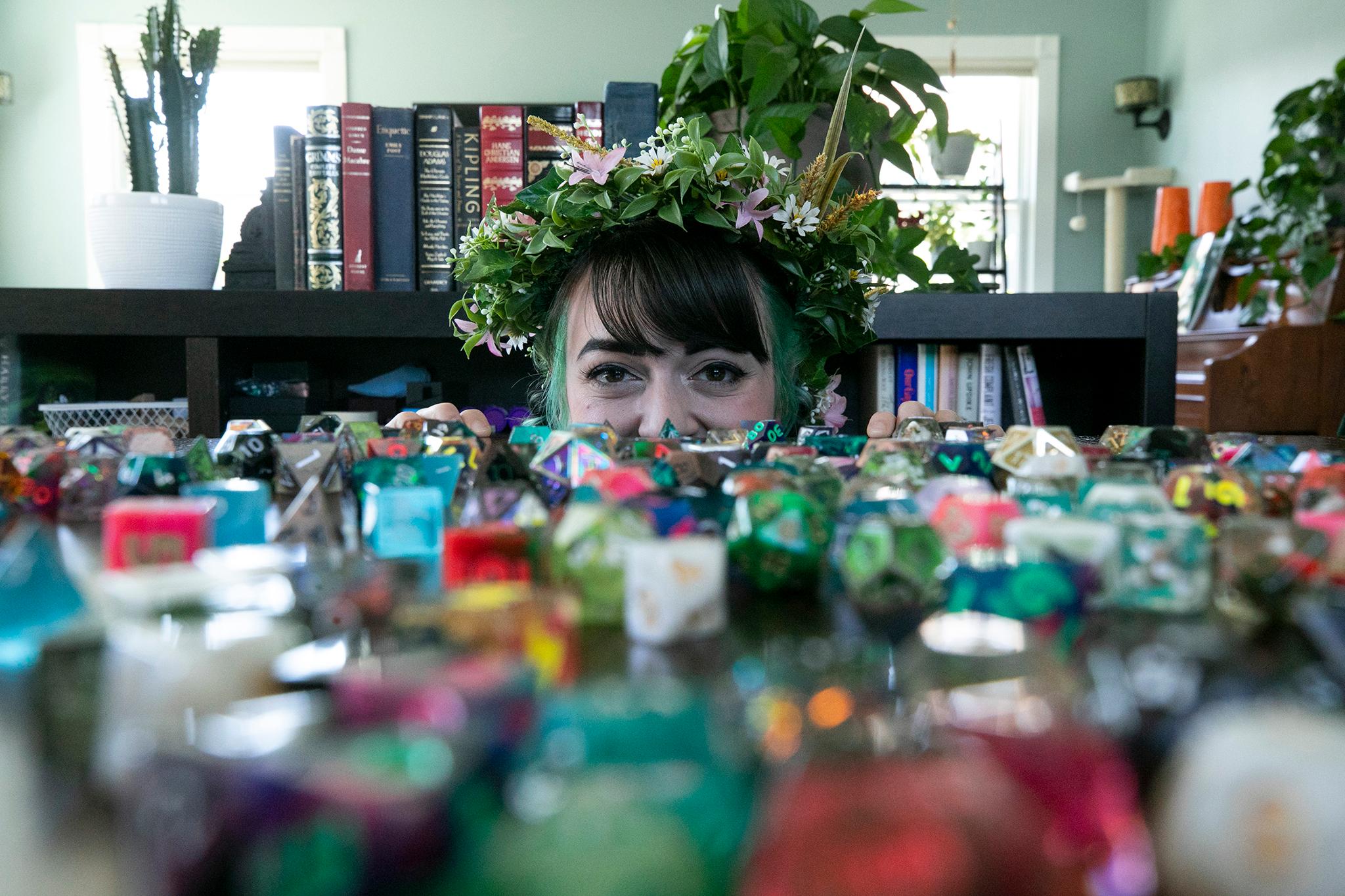
To make a living off Dungeons & Dragons, Ginny Di knows how to battle some trolls — in-game and online
Ginny Di has found success in the fantasy gaming industry — which is dominated by men. And she’s paving the way for others.

By May Ortega
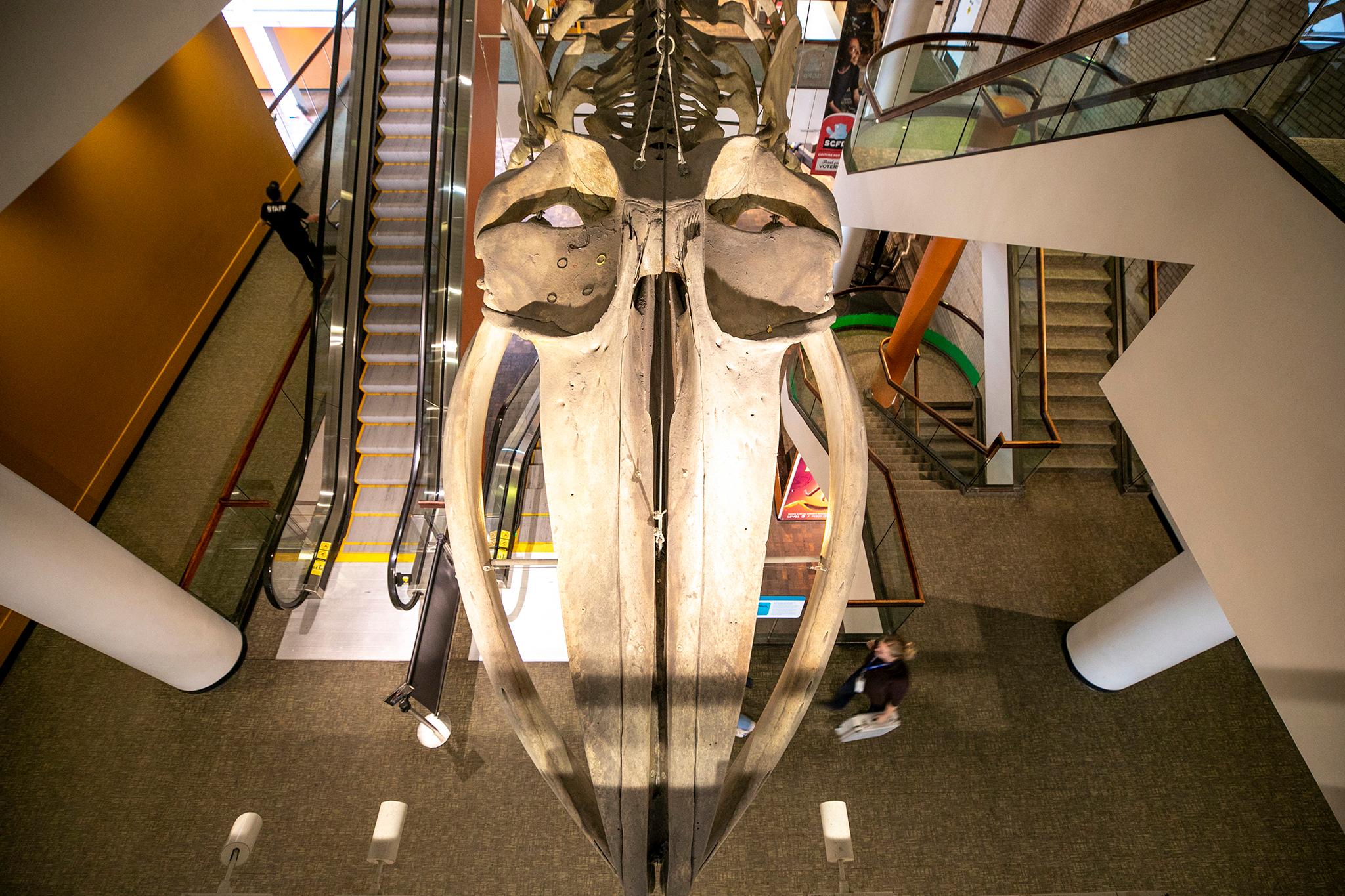
What is a whale baleen and why is its skeleton at the Denver Museum of Nature and Science?
It likely dates back to the 1800s.

By May Ortega
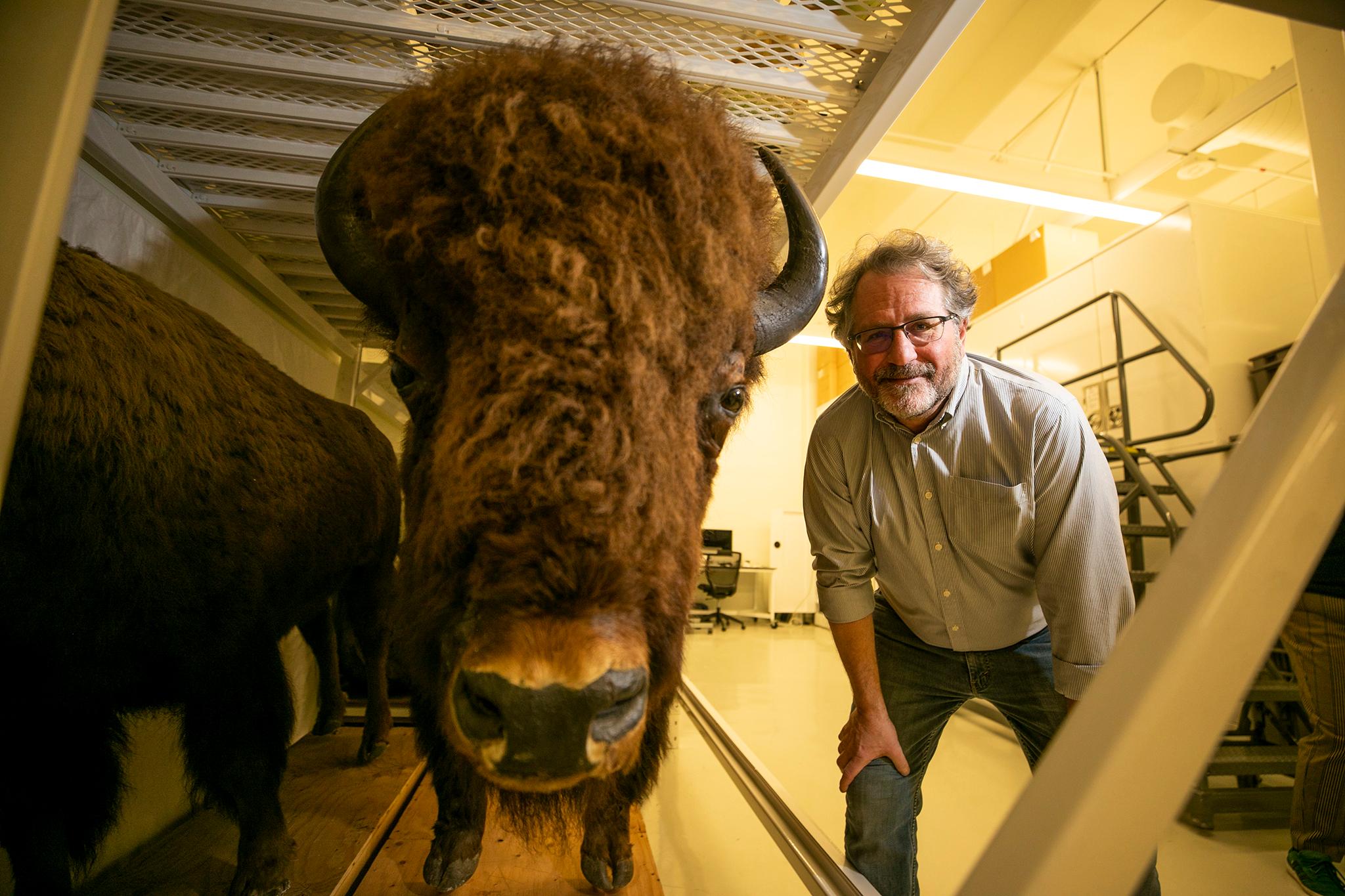
What happened to Bison No. 4 at the Denver Museum of Nature and Science?
Nos. 1, 2, 3 and 5 are all safely housed in the archives. So what about their four-lorn friend?

By May Ortega
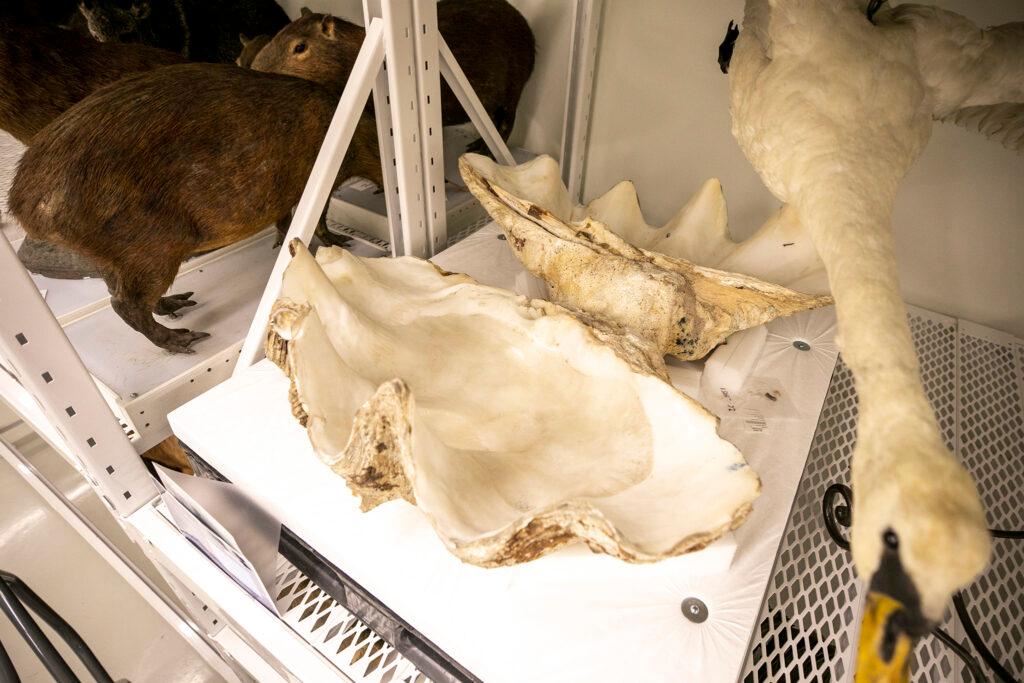
Meet the giant clam at the Denver Museum of Nature and Science that witnessed a nuclear bomb drop
The public rarely sees the mammoth-sized mollusk, but that could change later this year.

By May Ortega
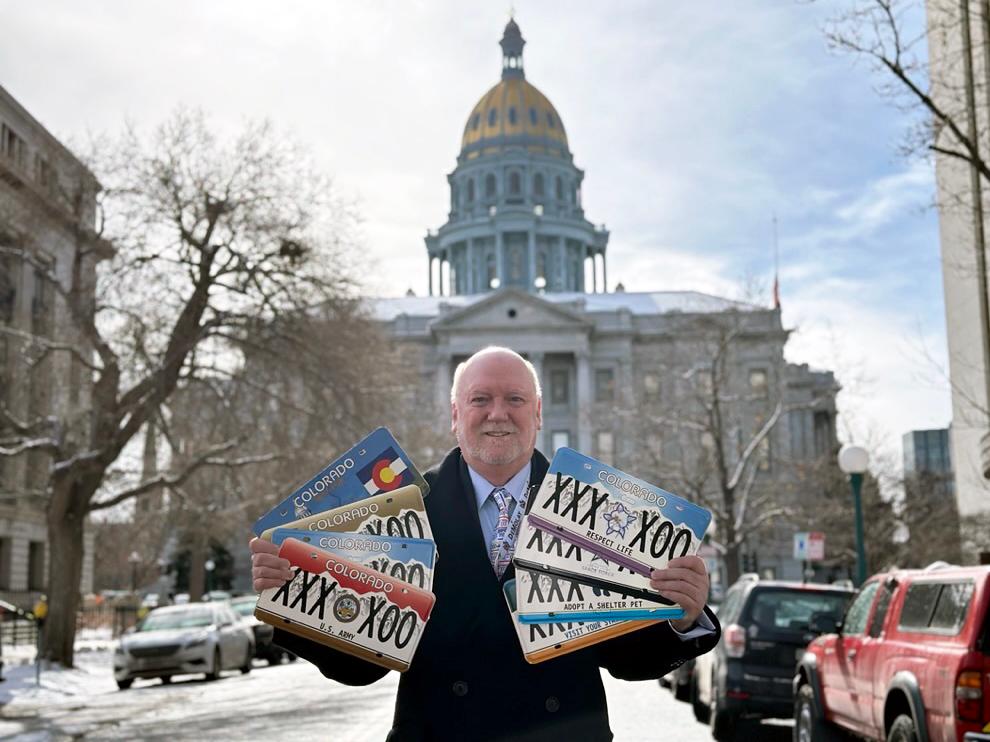
Colorado has more than 200 specialty license plates. Here’s what they mean and how to get one
‘Respect Life,’ ‘Adopt a Shelter Pet’ and ‘Collector Vehicle’ are just some of the specialty license plates that Colorado’s DMV offers to residents.

By May Ortega
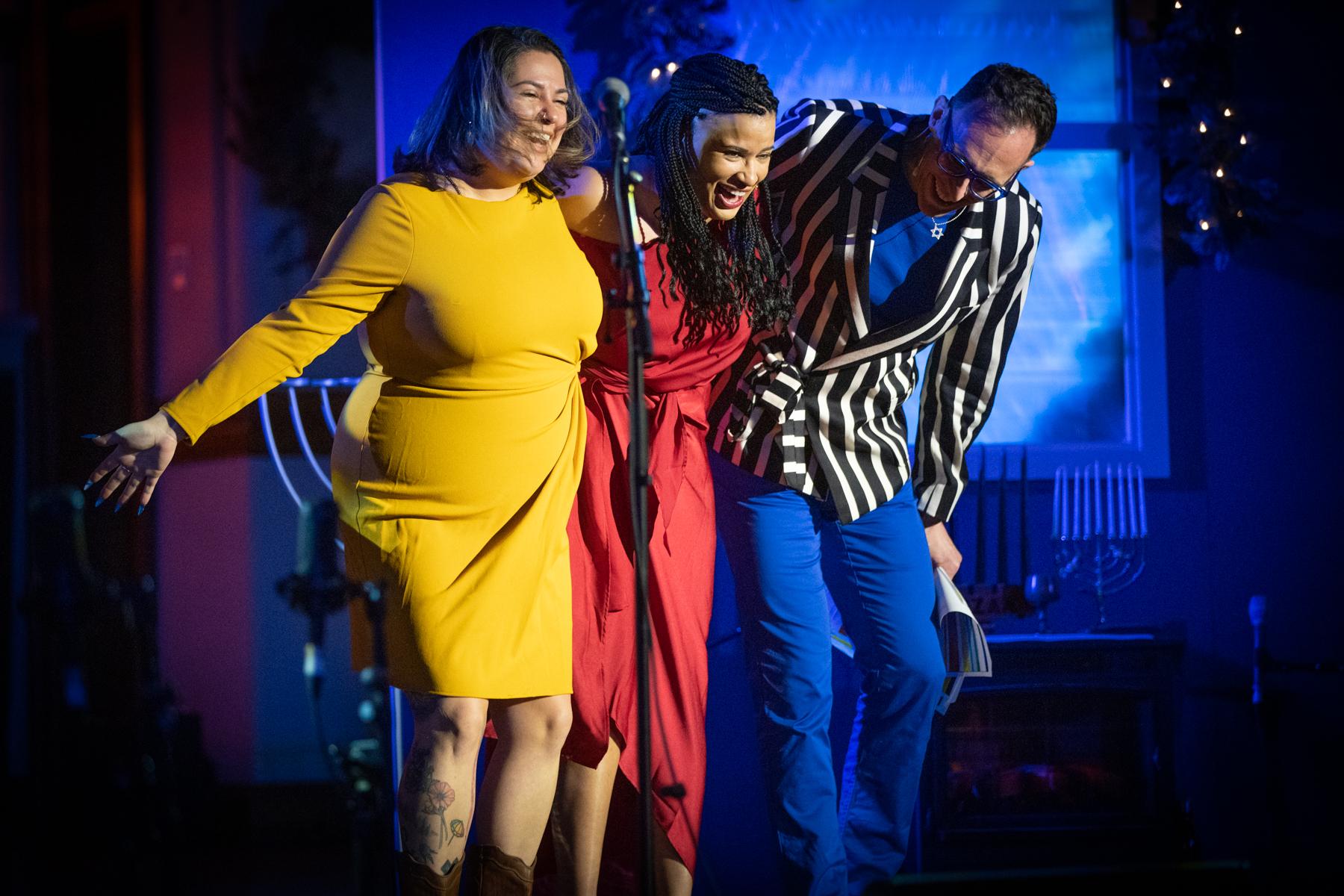
Dec. 23, 2022: Our 7th Annual ‘Holiday Extravaganza’ brings love, laughter, and light
The Colorado Matters Holiday Extravaganza returns for a seventh year. Singer/songwriter Neyla Pekarek headlines, after a banner year of musical theater. The rabbi at one of Colorado’s oldest synagogues celebrates the light of Hanukkah. Meet some real winners from Colorado Springs. And dance to a Kwanzaa beat with an intergenerational troupe of Black women.

